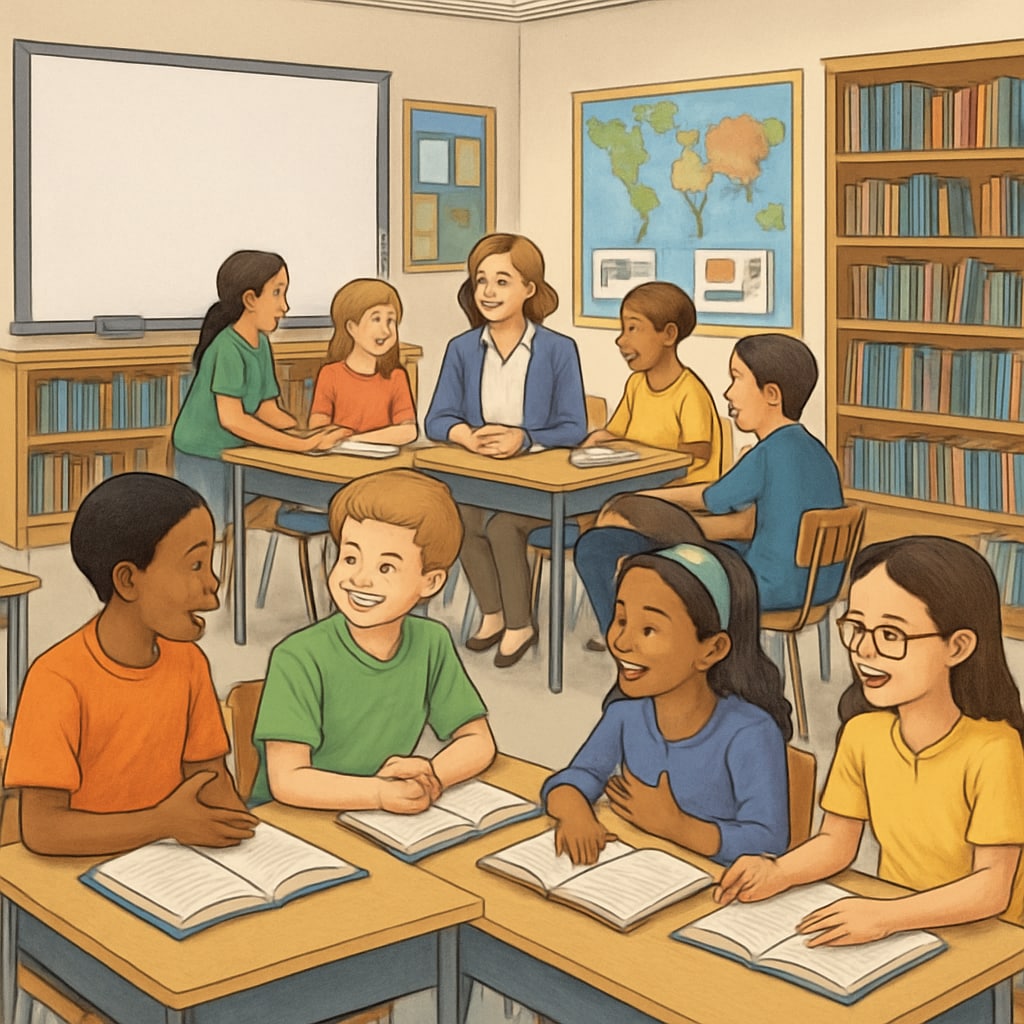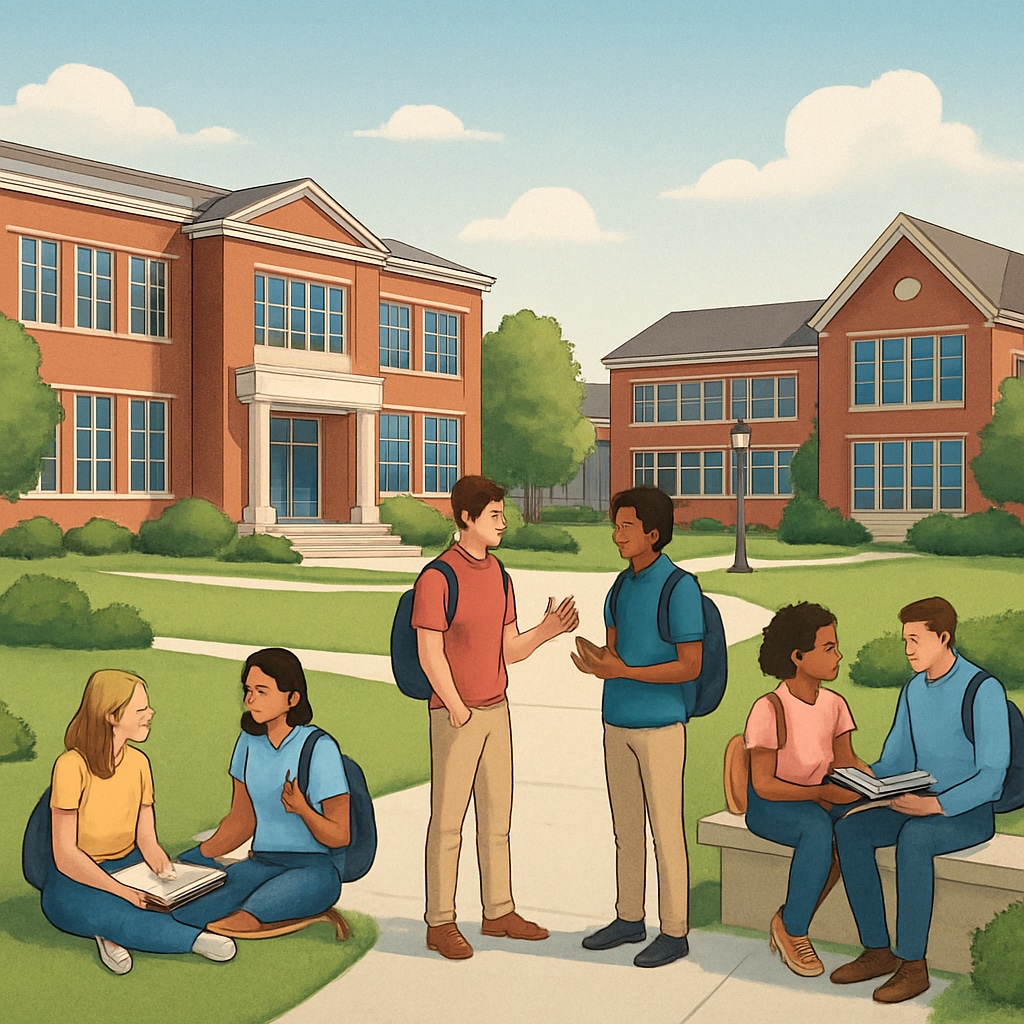In areas with high-ranking school districts, the debate between public and private education remains unresolved. Families in these top-tier districts often face a difficult decision: should they leverage the excellent public school system or invest heavily in private education? This article delves into the value of education choices and examines whether private schools justify their steep price tags, even in resource-rich public school districts.
Public Schools: What High Rankings Really Mean
Public schools in top-ranked districts are often celebrated for their strong academic programs, qualified teachers, and extracurricular opportunities. These schools typically rank high on standardized test scores, college acceptance rates, and other performance metrics. For families living in these areas, public schools offer a high-quality education without the additional financial burden of private tuition.
However, even the best public schools come with limitations. Class sizes can be larger, resources may be stretched thin, and the curriculum is often standardized to meet state or federal guidelines. While these factors might not affect every student, some families seek more personalized educational experiences that public schools may not consistently provide.

Private Schools: The Promise of a Tailored Education
Private schools are often seen as the gold standard for personalized education. With smaller class sizes, specialized programs, and access to exclusive resources, private institutions promise to tailor learning to each student’s needs. Families who choose private schools often cite the individualized attention, diverse extracurricular options, and a sense of community as deciding factors.
Moreover, private schools frequently offer curricula beyond state-mandated standards, including advanced placement courses, international baccalaureate programs, and unique electives like robotics or foreign languages. For parents seeking a specific educational philosophy—such as Montessori or Waldorf—or a religious foundation, private schools may align better with their values.
Yet, these benefits come at a cost. The average tuition for private schools in the U.S. ranges from $12,000 to over $30,000 annually, depending on the region and school prestige. For some families, this investment is seen as necessary; for others, it raises the question of whether the additional expense significantly impacts long-term outcomes.

Is Private Education Worth It in Top School Districts?
When families already reside in high-quality school districts, the decision to enroll their children in private schools becomes more complex. Public schools in these areas often rival private institutions in academic offerings and extracurricular opportunities. Yet, parents may opt for private education to access unique programs, smaller class sizes, or a particular cultural or religious environment.
Research on the outcomes of private vs. public education shows mixed results. According to a study by the Center on Education Policy (CEP), students from similar socioeconomic backgrounds perform equally well in college, regardless of whether they attended private or public schools. This finding suggests that the advantages of private schools may not always translate into better academic or career outcomes.
Factors to Consider Before Making the Choice
For families navigating this decision, here are some key considerations:
- Cost vs. Benefit: Can your family afford private school tuition without compromising other financial goals, such as college savings or retirement?
- Child’s Needs: Does your child require specialized programs or a tailored learning environment that public schools cannot provide?
- Community and Values: Do the school’s culture, values, and extracurricular offerings align with your family’s priorities?
- Long-Term Impact: Are the perceived benefits of private education likely to translate into measurable academic or career advantages?
Ultimately, the decision between public and private education in top-ranked school districts depends on individual priorities, values, and financial circumstances. What works for one family may not suit another, making it essential to weigh all factors carefully before committing to either option.
Readability guidance: This article uses short paragraphs and lists to summarize key points, ensuring clarity for readers. Transition words like “however” and “therefore” help maintain a smooth flow, while passive voice usage is minimized.


